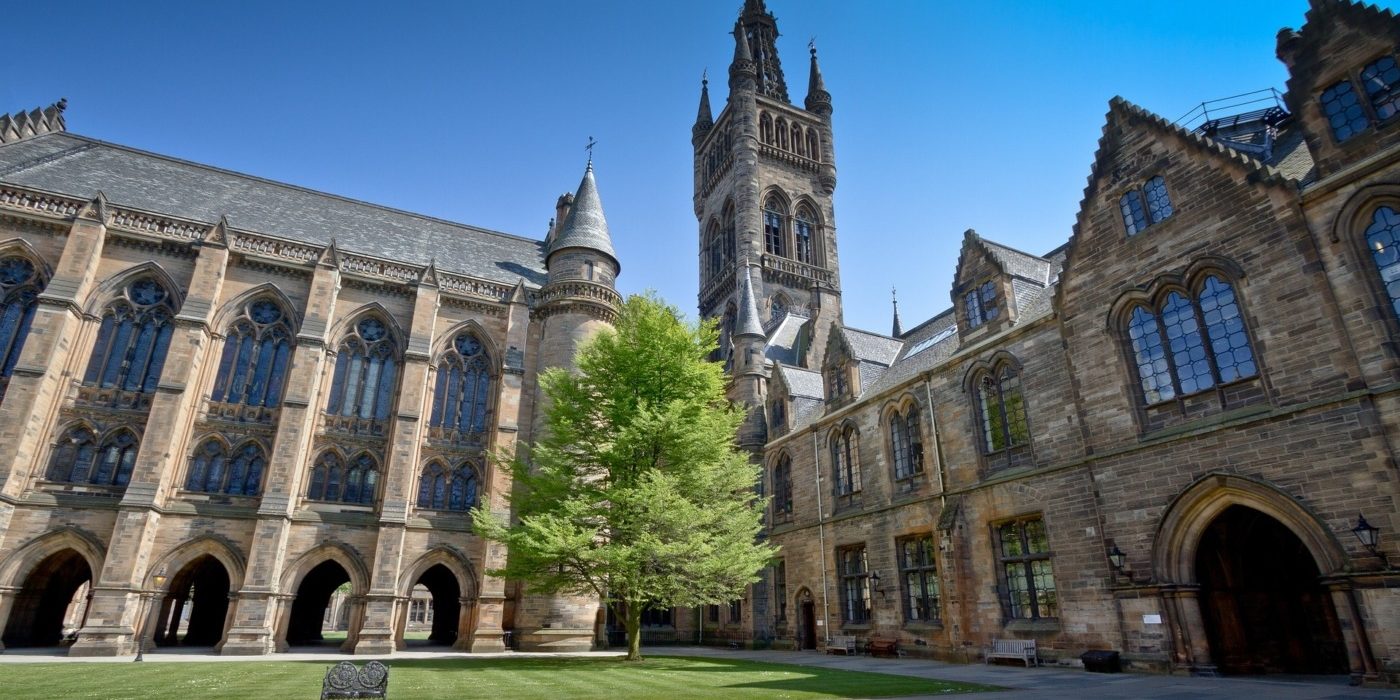University of Glasgow honours first African American medical graduate
The University of Glasgow announced that their new £90 million learning hub will be named after the first African American medical graduate at the university, James McCune Smith.
The move was initiated by the university’s “reparative justice programme”, after a study discovered the institution financially benefited from racial slavery.
The study estimated that Glasgow accumulated up to £198 million in present day value, in the form of bursaries, endowments and donations.
Other measures for the programme include incorporating a memorial with the names of enslaved Africans, as well as the creation of a centre for slavery studies.
Smith, who was born into slavery and freed in 1813, graduated from Glasgow with a master’s degree and medical doctorate.
Prior to this, he was denied entry to multiple American universities due to his race. African Americans supported Smith’s move to Scotland by financially assisting his living and tuition costs.
The financial support was then distributed by Glasgow’s Emancipation Society, of which he was an enthusiastic member. He later went on to develop a medical practice and pharmacy in Manhattan to treat both black and white patients.
According to the university, Smith had a “leading seat of the Scottish Enlightenment” and brought ideals of liberty and equality back to America by advocating for the abolition of slavery and black civil rights.
The university’s principal and vice-chancellor, Sir Anton Muscatelli, said: “James McCune Smith was truly a pioneer, not only becoming the first African American to gain a medical degree, but also one of the leading intellectuals of his time.
“The University of Glasgow is proud of our association with his legacy and it is fitting that we honour it in the naming of this building.
“The new James McCune Smith Learning Hub will revolutionise how we deliver learning and teaching support and provide a world-class facility for generations of future students from around the world.”
He also expressed his “regrets [of] this association with historical slavery which clashes with our proud history of support for the abolition of both the slave trade and slavery itself”.
The revelations from the university’s study hopes to inspire other institutions that may have also benefited from similar sources of funding.

Comments (1)